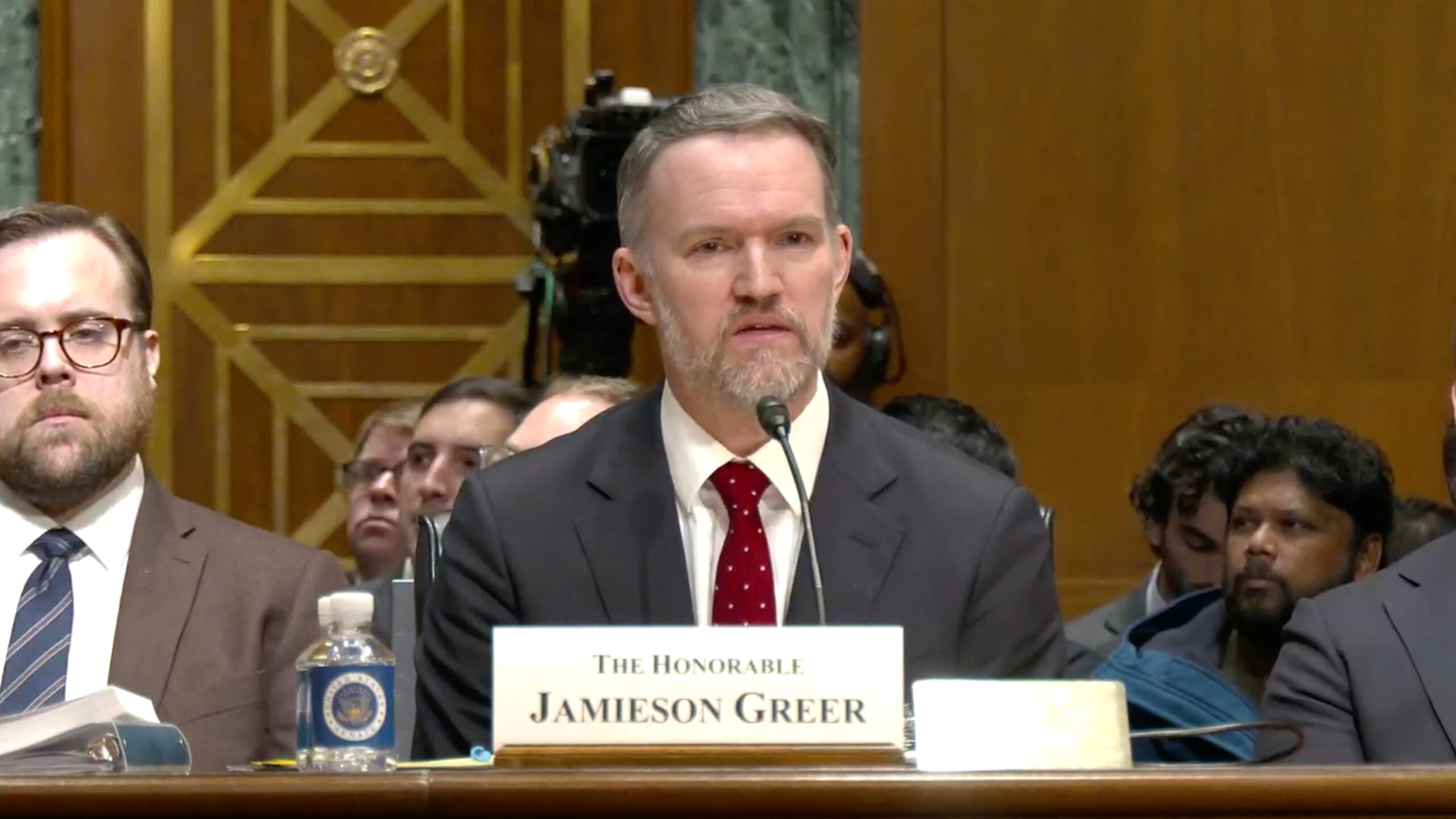WASHINGTON — The Coalition for a Prosperous America (CPA) today applauded U.S. Senators Sherrod Brown (D-OH) and Tammy Baldwin (D-WI) for leading a letter to United States Trade Representative (USTR) Katherine Tai requesting that 301 penalty duties be assessed to all imported finished state personal protective equipment (PPE) and key raw material inputs, including single-use N95 and KN95 masks, reusable and surgical masks, and surgical gowns. A 2018 investigation under Section 301 of the Trade Act of 1974 found that the Chinese government’s anti-competitive trade practices restrict U.S. commerce. Subsequently, the U.S. imposed duties on goods from China, with an exclusion process awarded on a case by case basis. In March 2020, the Trump administration provided exclusions to the tariffs imposed for medical products.
The letter was also signed by U.S. Senators Elizabeth Warren (D-MA), Bob Casey (D-PA), Tina Smith (D-MN), Chris Murphy (D-CT), Richard Blumenthal (D-CT), Kirsten Gillibrand (D-NY), Bernard Sanders (I-VT), Jack Reed (D-RI), and Ed Markey (D-MA).
“Senators Brown and Baldwin, as well as their Senate colleagues who joined this letter, should be commended for their efforts to support U.S. domestic manufacturers of PPE,” said Michael Stumo, CEO of CPA. “Allowing Chinese imports to be excluded from current Section 301 tariffs—especially for critical products like PPE—is not how you Build Back Better. Instead of rewarding China by granting tariff relief, we strongly urge Ambassador Tai and the Biden administration to not exclude any product from Section 301 tariffs imposed on Chinese imports.”
Yesterday, urged Ambassador Tai to not expand exclusions to Chinese imports subject to Section 301 tariffs. Currently, the Biden administration is reviewing 549 products currently subject to 301 tariffs imposed on Chinese imports. CPA strongly supports the current 301 tariffs on Chinese imports and believes that the current review should result in zero new exclusions.
Earlier this week, CPA Chief Economist Jeff Ferry outlined in a working paper that the “U.S. has a national interest in a reliable health care system that is not dependent on China. It has an interest in rebuilding U.S. production to rebuild our economy, create jobs that pay above the average and reduce income inequality.”












